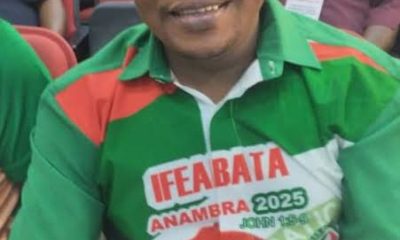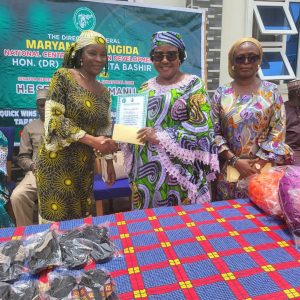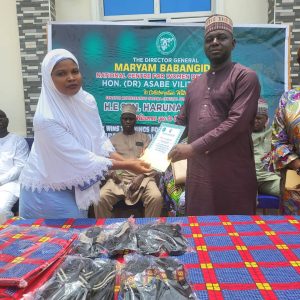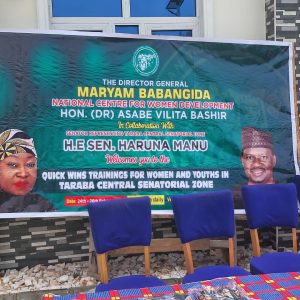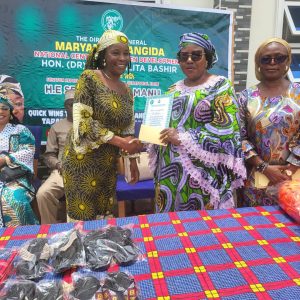News
Wike Aide to Ugochinyere : You’re a political misfit in Hushpuppi’s mode

…a ‘Ghana must go bag’ specialist
Lere Olayinka, Senior Special Assistant on Public Communications and New Media to the Minister of the Federal Capital Territory (FCT), Barr. Nyesom Wike, has described Imo Ugochinyere Ikeagwuonu, a federal lawmaker as a political misfit in the mode of ‘Hushpuppi’
and a product of the internal aberrations within the People’s Democratic Party (PDP).
Olayinka’s comments followed Ugochinyere’s recent allegations that Wike and other members of the G5 governors are determined to destroy the PDP.
While appearing on Channels Television’s Politics Today on Friday, Ugochinyere accused Wike and former governors Seyi Makinde (Oyo), Samuel Ortom (Benue), Ifeanyi Ugwuanyi (Enugu), and Okezie Ikpeazu (Abia) of working against the PDP’s interests.
In response, Olayinka, in a statement issued in Abuja on Saturday, criticized Ugochinyere’s political trajectory and alleged motivations.
Olayinka slammed Ugochinyere as a product of the PDP’s structural flaws, claiming he lacks the moral authority to question the loyalty of seasoned party members.
He stated, “This is what happens when someone who joined the PDP yesterday is given the party’s ticket today. If the PDP had functioned properly, a ‘Political Hushpuppi’ like Ugochinyere would never have emerged as its candidate while still affiliated with another party.”
He further alleged that despite being elected on the PDP platform, Ugochinyere maintains ties to his former party, the Action Peoples Party (APP), which he reportedly uses to exploit political opportunities, particularly in Rivers State.
Olayinka also mocked Ugochinyere for allegedly fabricating political titles to sustain his political relevance.
He claimed Ugochinyere has been parading himself as the “Spokesperson of Opposition Lawmakers Coalition in the 10th National Assembly,” a position that does not officially exist.
“In saner climes, such behavior would be met with legal consequences. CUPP is not a registered political party, and there is no record of a coalition of opposition lawmakers appointing him to any position,” Olayinka said.
Olayinka alleged that Ugochinyere uses his APP platform and the self-assigned title to leverage resources from Rivers State, calling his activities “political hustling” and a consistent pattern of exploitation.
“Whether he is using his former party, APP, or his so-called opposition lawmakers’ coalition, his goal has always been the same — to ‘cash out.’ It’s unfortunate that this kind of character continues to thrive in our political system,” he added.
Olayinka advised Ugochinyere to redirect his energy toward serving his constituents, noting that they have expressed dissatisfaction with his performance. “Instead of obsessing over Wike and the G5, he should focus on fulfilling his legislative duties to prevent his constituents from passing further votes of no confidence against him,” he said.
The back-and-forth underscores the tensions within the PDP and the broader political discourse about loyalty, representation, and integrity in Nigeria’s political landscape.
News
Pope Francis finally laid to rest

Pope Francis was buried inside his favourite Rome church after a funeral mass in St Peter’s Square, the Vatican said on Saturday.
Francis who died on Monday aged 88, was laid to rest during a 30-minute ceremony which started at 1:00 pm (1100 GMT) at the Santa Maria Maggiore basilica in the Italian capital.
Footage shared by the Holy See showed cardinals marking his wooden and zinc coffin with red wax seals.
Cardinal Kevin Farrell, who as camerlengo is running the Vatican’s day-to-day affairs until a new pope is elected, sprinkled it with holy water after it was lowered into a tomb set inside an alcove.
A reproduction of the pectoral cross worn by Francis during his lifetime hung above it.
Francis had asked that the tomb, located near the altar of Saint Francis, be simple and unadorned, reflecting the humble spirit of his papacy.
The tombstone bears only the inscription “Franciscus” — the pope’s name in Latin.
Its marble is sourced from Liguria, the northwestern Italian region once home to the Argentine pontiff’s Italian ancestors.
Francis, born Jorge Bergoglio, had specified in his will the exact spot he wanted to be buried, in the side nave of the beloved fifth-century AD church.
The pontiff was devoted to the worship of the Virgin Mary and made a point of praying in Santa Maria Maggiore before leaving on trips abroad and upon his return to Rome.
He declared his desire to be entombed there in 2023.
Located in the heart of Rome, the basilica already holds the tombs of seven popes.
But the last one to be buried there was Clement IX in 1669. More recently, popes have usually been buried in St Peter’s Basilica.
One of four papal basilicas in Rome, Santa Maria Maggiore also holds the remains of several other renowned figures, such as the architect and sculptor Gian Lorenzo Bernini, who designed St Peter’s Square and its surrounding columns.
News
Just in: Gunmen invade pro-Wike group in Bayelsa
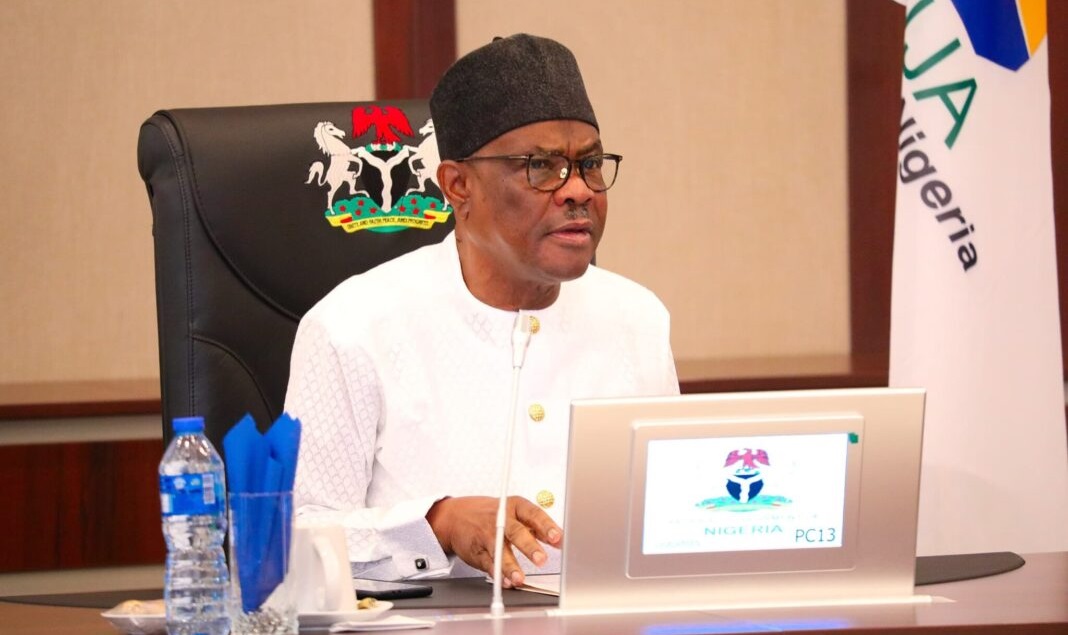
Gunmen suspected to be hired political thugs disrupted a rally organised in support of Minister of the Federal Capital Territory, Nyesom Wike, on Saturday in Yenagoa, Bayelsa State.
The event, which also marked the inauguration of the NEW Associates group, was meant to thank President Bola Tinubu for appointing sons and daughters of Bayelsa into positions in his administration, while also showing support for Wike, who serves as the group’s grand patron.
Originally scheduled for April 12, the rally had been postponed to April 26 after another group, supporters of Governor Douye Diri, booked the same venue and date for their own rally.
Although both groups eventually rescheduled, tensions remained high.
Supporters of NEW Associates had gathered early at the Church of God Mission Camp, ready for the event, when armed men suddenly emerged from nearby creeks and bushes, firing gunshots into the air.
The crowd quickly scattered in fear, while security forces including the Nigeria Police, the Nigeria Security and Civil Defence Corps (NSCDC), and the Department of State Services (DSS) responded by pushing back the attackers and searching the surrounding area to prevent further violence.
After the incident, Comrade Ebilade Ekerefe, Secretary of NEW Associates and former spokesperson of the Ijaw Youths Council, accused the state government of trying to disrupt their peaceful gathering.
He insisted the rally would go on, stating that their intention was simply to express gratitude to the President and show solidarity, and questioned why anyone would feel threatened by such an event.
Similarly, Dr Pabara Igwele, the immediate past Commissioner of Health in Bayelsa, described the rally as peaceful and blamed the disruption on political motives.
He also vowed that the rally would continue despite the attack.
After the initial chaos, supporters regrouped to carry on with the event.
News
Senator Manu Haruna Launches Quick Wins Training for Women and Youths in Taraba Central Senatorial District+Photos
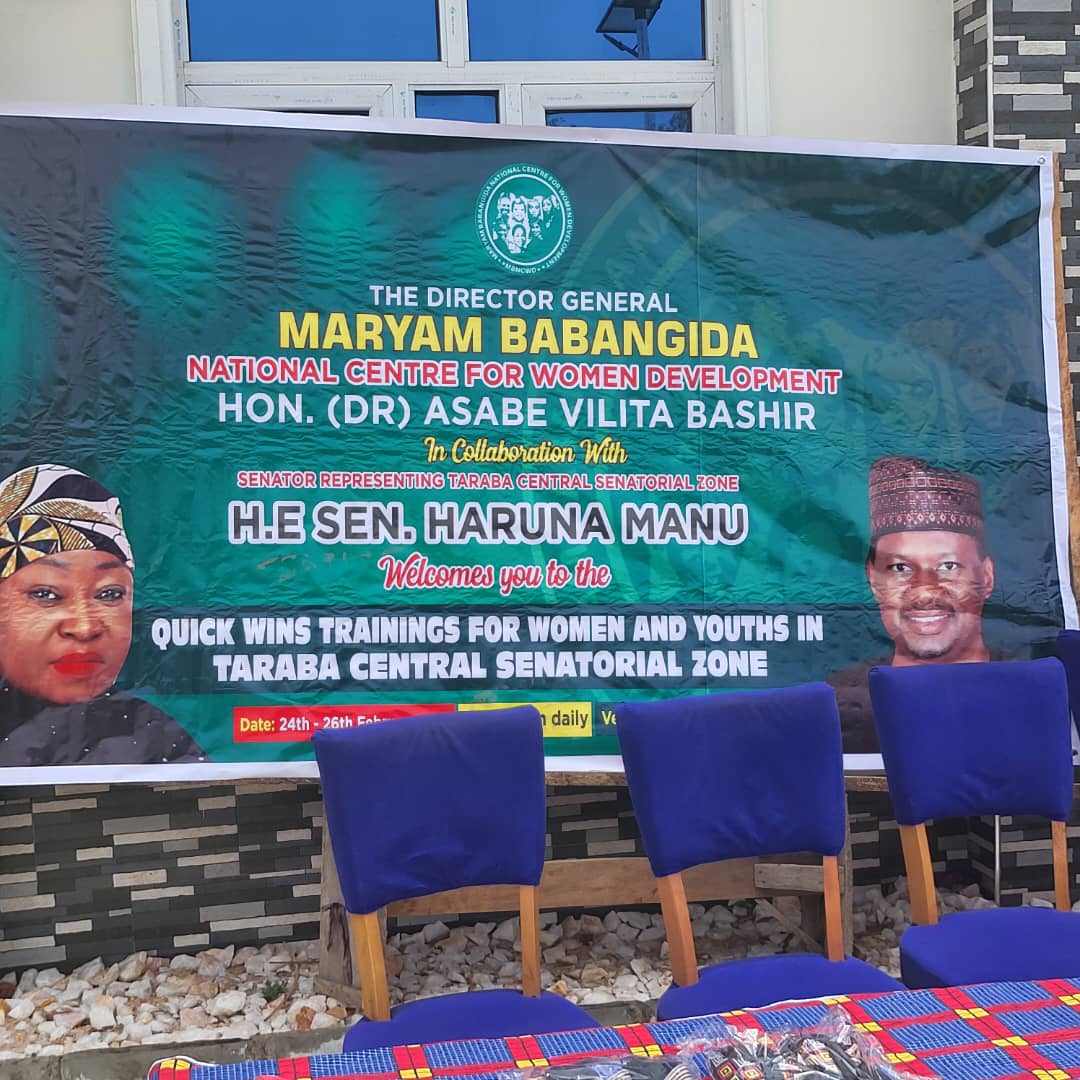
Senator Manu Haruna of the Taraba Central Senatorial District on Saturday concluded a three-day Quick Wins Training program dedicated to empowering women and youths in the District .
The event took place in Jalingo, the capital city of Taraba State, in collaboration with the Maryam Babangida National Centre for Women Development.
The training initiative is aimed to equip participants with practical skills and knowledge that can foster economic independence and stimulate community development. This program is a reflection of Senator Haruna’s commitment to improving the socio-economic status of underrepresented groups within his constituency.
The event was attended by prominent leaders, including Hon. Veronica Alhassan, Member of the House of Assembly for Bali I Constituency, and Hon. Alhassan Hamman, who presented certificates to participants on behalf of Senator Manu Haruna.
The involvement of critical stakeholders underscored the importance of collaboration between government officials and community leaders in driving sustained progress in Taraba Central.
Among the distinguished attendees were Hon. Ubale Gambo, Hon. Bala Baba, Alhaji Muhammad Nagaggo, Alhaji Raubilu Umar, among others, all of whom are dedicated to fostering development within the region.
Senator Manu Haruna expressed his gratitude to the National Centre for Women Development and all partners involved in the initiative.
He stressed the transformative potential of empowering women and youths, noting the necessity for continued support and resources to ensure sustainable growth in Taraba State.
This Quick Wins Training is poised to have a long-lasting impact on participants, equipping them with essential skills to make valuable contributions to their communities and the broader economy of Taraba State. By investing in the future of these underprivileged groups, the program seeks to inspire change and promote self-sufficiency among the local populace.
-
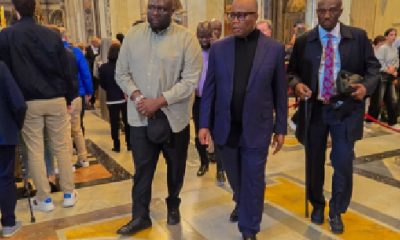
 News22 hours ago
News22 hours agoAkpabio arrives Vatican ahead Pope’s funeral
-
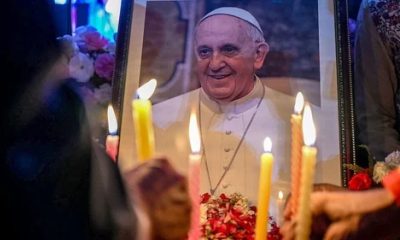
 News15 hours ago
News15 hours agoList of World Leaders that are present in the final funeral of Pope Francis
-

 News11 hours ago
News11 hours agoJust in: Gunmen invade pro-Wike group in Bayelsa
-

 News19 hours ago
News19 hours agoDefections: Teejay Yusuf traces genesis of PDP palaver, key issues affecting Nigeria’s largest opposition party
-
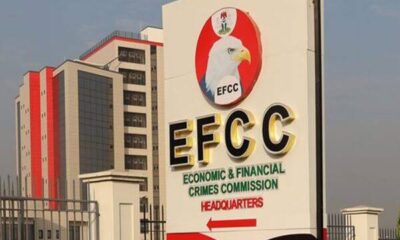
 News21 hours ago
News21 hours agoCBEX: EFCC declares four persons wanted over crypto fraud + photos
-

 News16 hours ago
News16 hours ago2Face estranged wife, Annie Macauley breaks silence after he married Natasha
-

 News21 hours ago
News21 hours agoScandal! Osun monarch, pastor admit to COVID-19 fraud in US
-
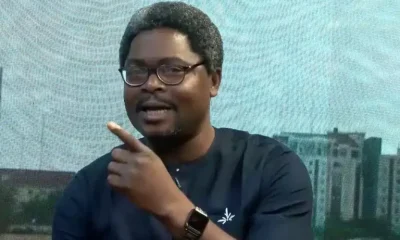
 Politics18 hours ago
Politics18 hours agoUgochinyere remains Nigeria’s number one Hushpuppi of politics-Olayinka carpets Imo Rep


